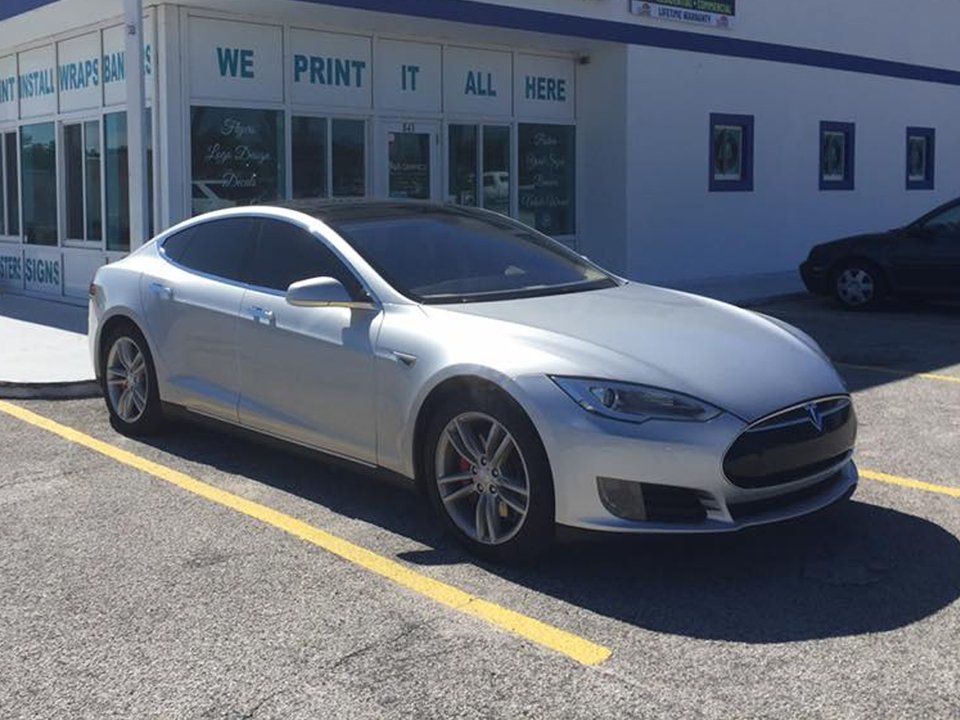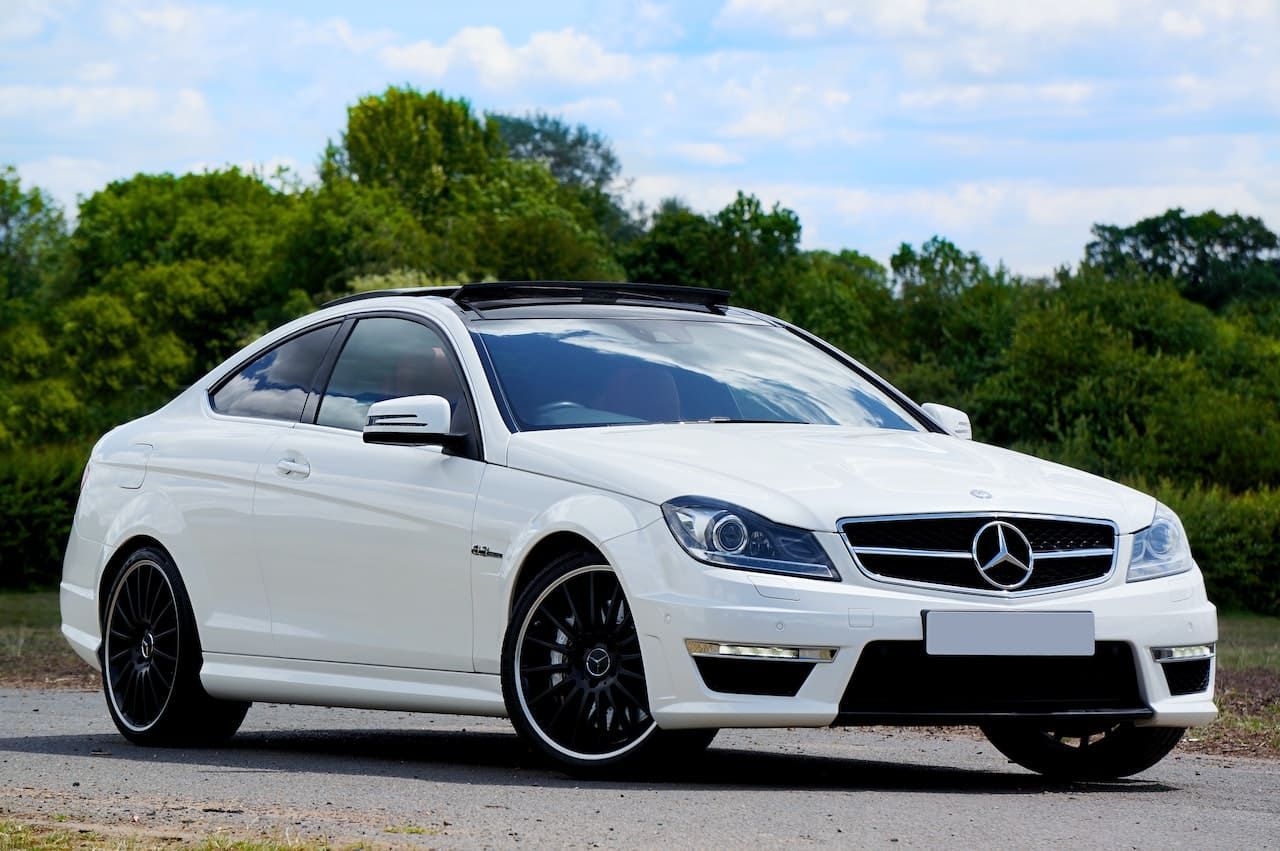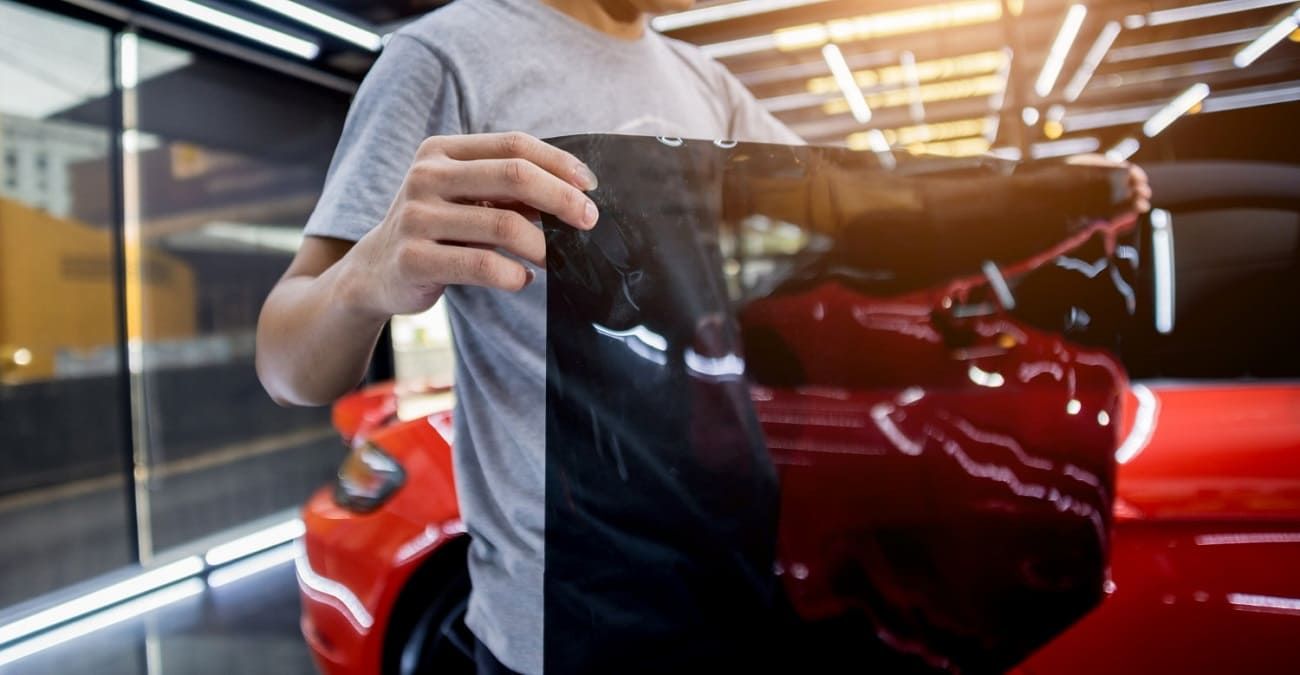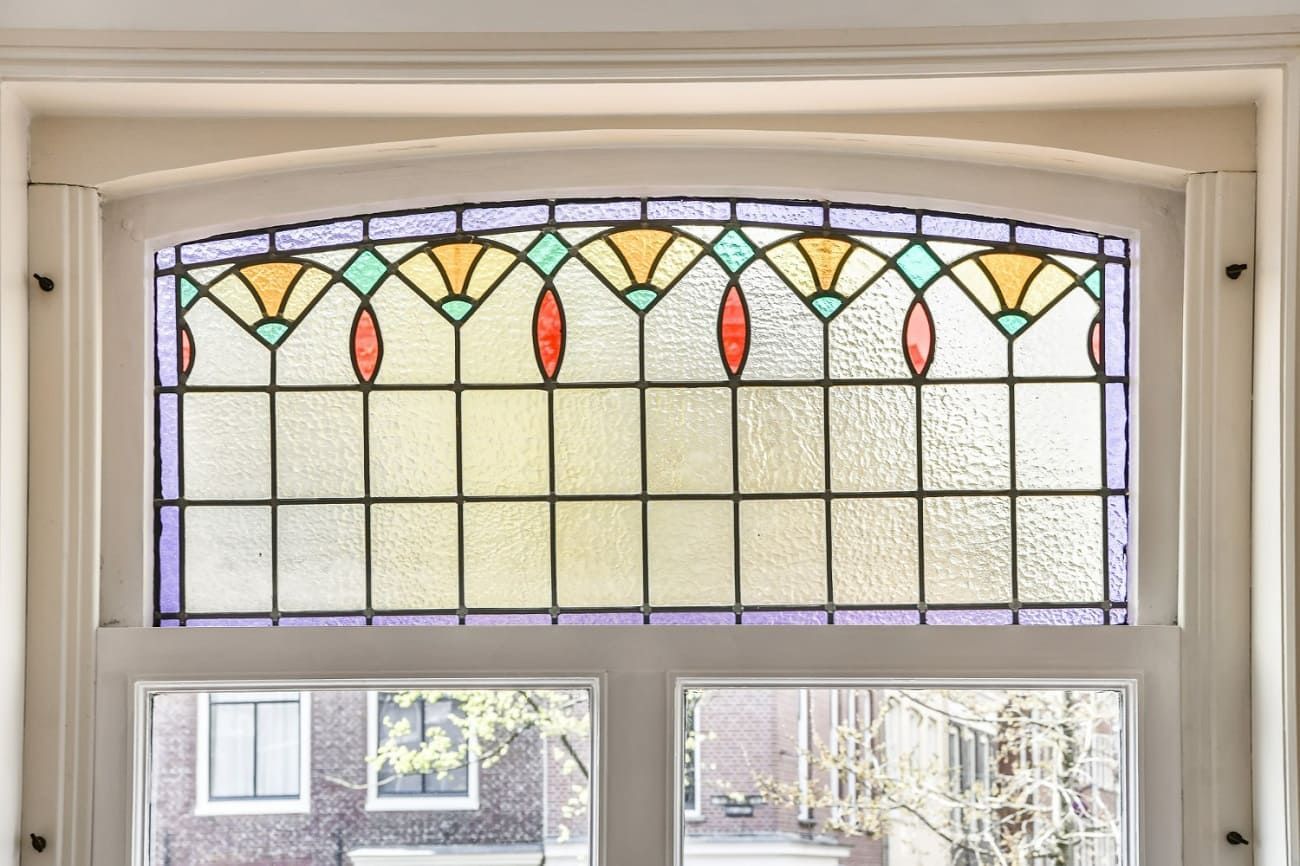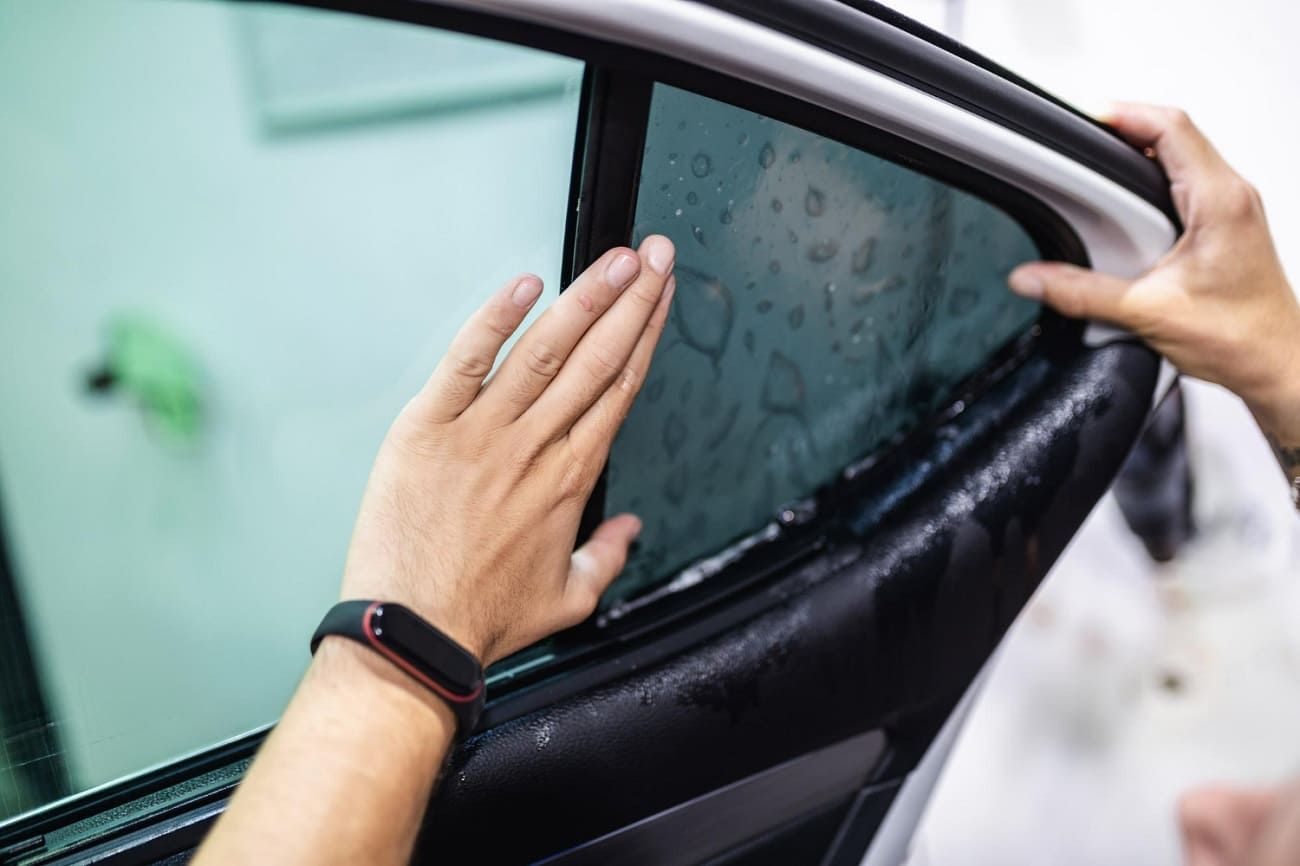Florida Window Tinting Laws: How Dark is Too Dark?
Are you considering using window films on your home in Florida? If so, here is what you need to know about Florida window tinting laws.
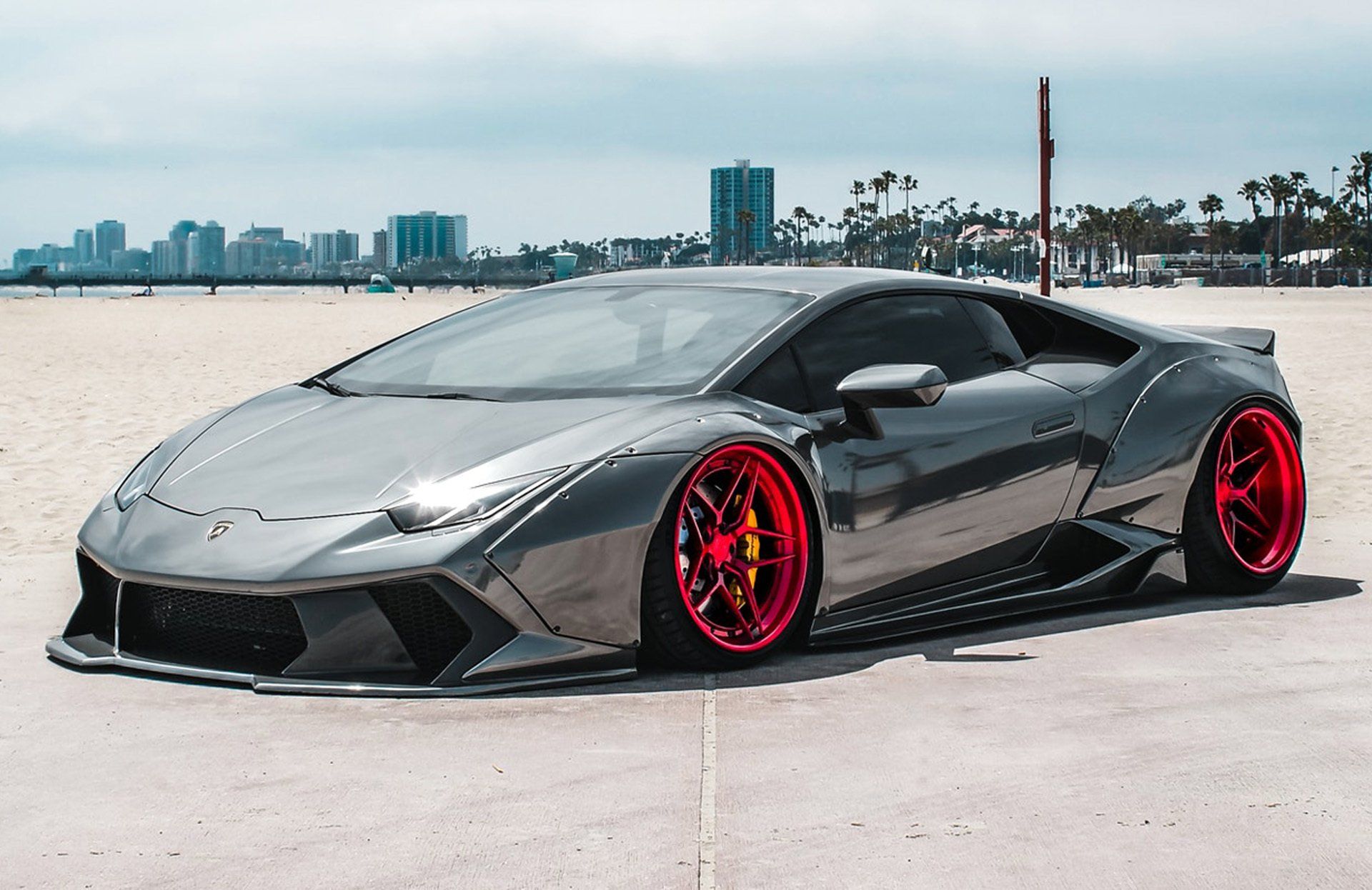
Did you know that window film can reduce the amount of harmful UV light penetration through your car's windows by over 99%? While there are many benefits offered by tinted windows, it's important to comply with local laws.
For example, violating Florida window tinting laws could mean hefty fines plus the cost of replacing illegal window tinting. Continue reading to learn how to enjoy the benefits of UV window protection while staying legal.
What to Know About Window Tinting
To understand Florida window tinting laws, you must first understand window film. This not only helps you stay compliant with window tinting laws but also helps you find the right UV window protection.
Based on Percentage
The different types of window tinting are defined by the percentage of tinting. The percentage refers to the amount of visible light transmission (VLT) that comes through the window.
The percentages range from 5% up to 90%. The lower the percentage, the darker the tinted windows are since less light can go through the window film. Factory tint typically lies between 15% and 20%.
Different Types of Window Film
You should also consider the type of window film when choosing tinted windows. Some of the most popular options are listed below.
- Ceramic tint
- Metallized tint
- Dyed tint
- High-visibility film
Each type of window tinting offers different benefits, such as varying levels of UV window protection, clarity, and scratch resistance.
What to Know About Florida Window Tinting Laws
Before selecting your UV window protection, you should learn about Florida window tinting laws. The right window tinting experts should inform you about legal requirements, but refer to this window film guide to be sure.
Laws Vary by State
While our focus is on Florida window tinting laws, keep in mind that laws vary by state. If you travel frequently between different states, check local restrictions to avoid penalties.
Laws Vary by Window
The state of Florida has different requirements for tinting each of the windows in a vehicle. The rear and rear side windows have the most leniency and must allow more than 15% VLT in.
The front side windows must allow more than 28% VLT in. The most restricted window on the vehicle is the front windshield. You can use non-reflective window tinting to the top AS-1 line.
Laws Vary by Vehicle Type
Another important factor to consider is that window tinting laws vary by the type of vehicle you drive. For example, there are slightly different laws to follow if you own an SUV or van.
The same laws apply to the windshield and front side windows. However, the rear and rear side windows can be significantly darker since they only have to allow 6% of light in.
Window Tinting Laws Penalties
It's important to follow window tinting laws closely, especially because some officers carry VLT meters. They use these meters to measure the amount of VLT coming through your windows as well as how reflective they are.
Violating Florida window tinting laws comes with the risk of financial penalties. While penalties may not exceed $500, you may face a penalty for each window that violates the law.
Benefits of Installing Window Film
Given the risks of violating window tinting laws, you may be wondering why you should still consider tinted windows. There are many benefits to having window film installed, and working with a professional reduces risk.
Your window tinting professionals understand Florida laws and make sure not to violate them. This gives you peace of mind and great results.
Improves Privacy
One of the top benefits of tinted windows is that they improve the appearance of your vehicle while also adding more privacy. The darker color makes it difficult to see into your vehicle.
This helps protect your belongings, especially if you're prone to leaving things in your vehicle. The extra effort required to see into your vehicle can be enough to deter a potential thief.
UV Window Protection
Exposure to ultraviolet (UV) light is bad for your health and bad for your vehicle. Prolonged or frequent exposure leads to premature aging of the skin and increases your risk of developing skin cancer.
Prolonged sun exposure also leads to the wear and tear of your car's interior. It can dry out and bleach leather and other materials.
Reinforced Windows
Besides protecting your skin, window tinting also contributes to your health by reinforcing your windows. Window film adheres to glass in a way that holds much of it together if it breaks, which keeps you safer in an accident.
How to Choose the Right UV Window Protection
Now that you understand Florida window tinting laws and the benefits of window tint, you're likely wondering how to choose the right one for your vehicle. The right choice depends on your goals and your car.
Consider Your Goals
Before investing in tinted windows, you should consider why you want them. If privacy or UV window protection are your main goals, you should consider the darkest legal tint or reflective tint (where legal).
If you want to slightly reduce the amount of VLT, then consider window tinting that's slightly darker than factory tinting. Understanding your goals will help guide you to the right tint type and percentage.
Factor in Your Car's Appearance
Unless you choose a high percentage for your window tinting, it will change the appearance of your vehicle. Try to picture your car with a darker tint before making your selection.
If you feel that a darker tint will detract from your car's appearance, consider a translucent film. This type of window film blocks UV light without darkening the windows.
Ask the Pros
Having tinted windows installed by professionals can help you find the right type for your vehicle. They also make sure the tinting is applied correctly the first time and that it meets local law requirements.
Follow Florida Window Tinting Laws
Following Florida window tinting laws is easier when you work with the right professionals. At Solarwaves Window Tinting, we can help you find the right style for your vehicle, help you meet your goals, and keep your vehicle street legal.
Contact us today for a free window tinting estimate.

